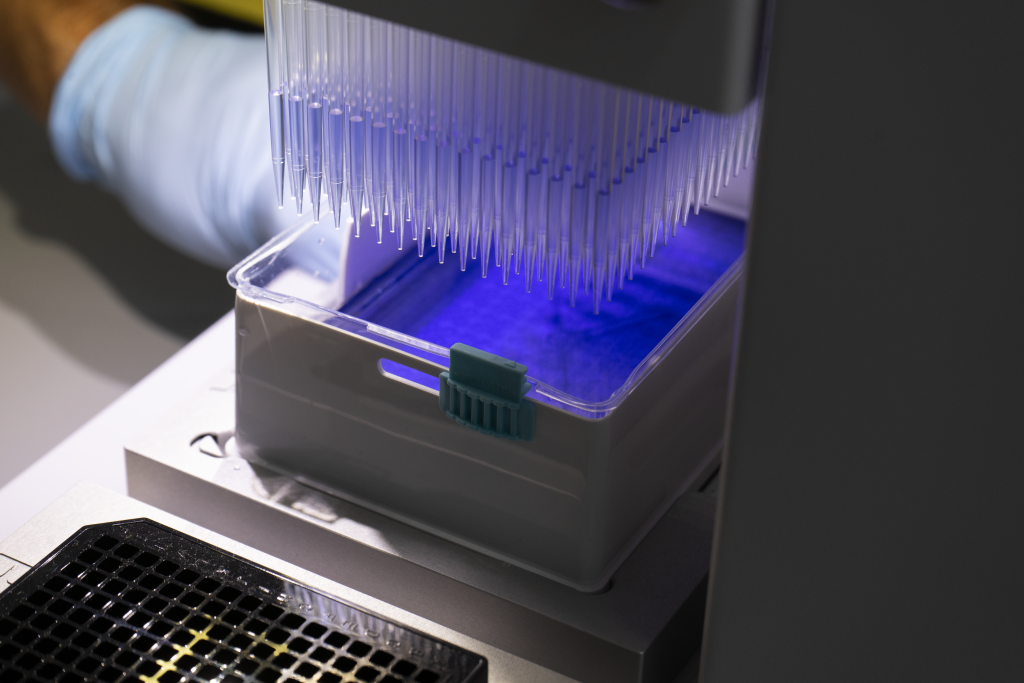Our programme made important contributions to the fight against malaria, from basic and clinical research to implementation science. Thanks to innovative transgenic tools, we provided new insights into the sexual conversion of the malaria parasite P. falciparum -a key step required for its transmission- and revealed the effect of drugs on this process (1,2). Using blood samples from different cohorts of children or adults, we identified a series of immune profiles associated with protection by the RTS,S vaccine or another vaccine candidate (3,4). This same kind of analysis allowed us to identify for the first time a profile of immune mediators associated with P. vivax infection during pregnancy, as well as a possible biomarker of parasite exposure and delivery outcome (5). Regarding malaria vivax pathology, we demonstrated that P. vivax parasites can hide in the spleen through a process mediated by extracellular vesicles (6,7).

We established ourselves as strategic partners in two large consortia for the evaluation of the next generation of antimalarial drugs (PAMAFRICA) and adjunctive treatments and strategies for severe malaria (SMAART). Our researchers also provided evidence to guide the practice of blood transfusions in children with severe malaria (8).
The final impact evaluation of a multiphase programme for malaria elimination in southern Mozambique (the Magude project) showed that the package of interventions deployed fell short of interrupting malaria transmission (9). While new tools and strategies may be required to achieve malaria elimination in sub-Saharan Africa, this project showed that innovative mixes of interventions can achieve large reductions in disease burden and pave the way for elimination.
-
Llorá-Batlle O et al. Sci Adv. 2020
-
Portugaliza HP et al. Elife. 2020
-
Hill DL et al. Sci Transl Med. 2020
-
Moncunill G et al. Science Transl Med. 2020
-
Dobaño C et al. PLoS Negl Top Dis. 2020
-
Fernandez-Becerra C et al. PNAS.
-
Toda H et al. Nature Communications
-
Ackerman H et al.
-
Galatas B et al. PLoS Med. 2020













